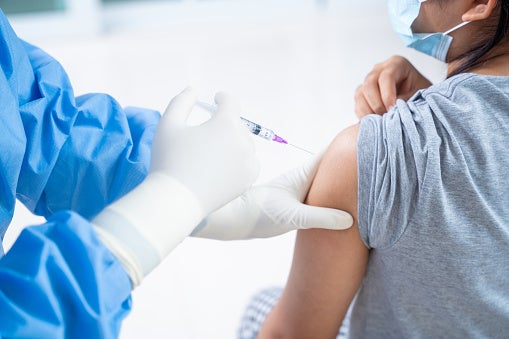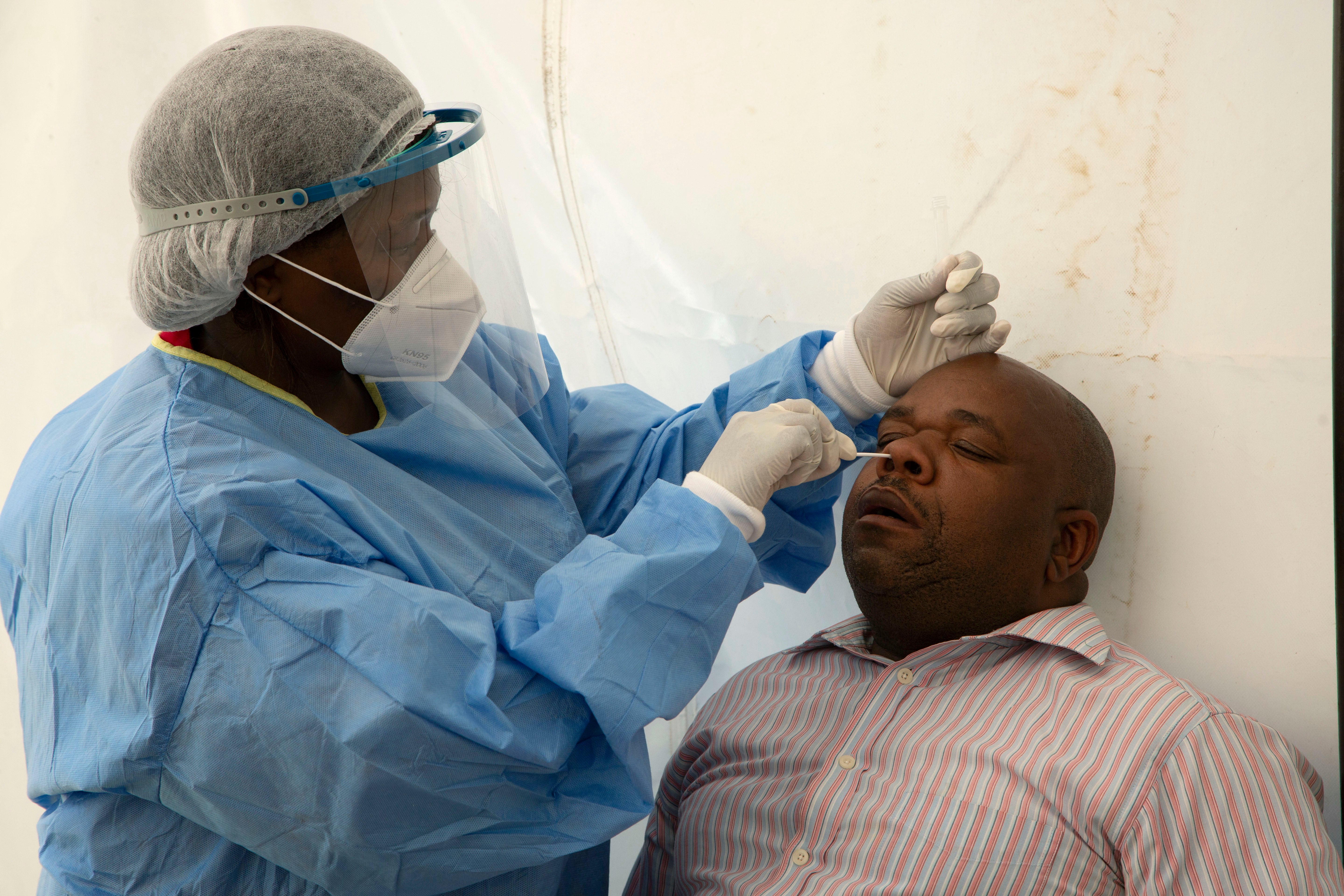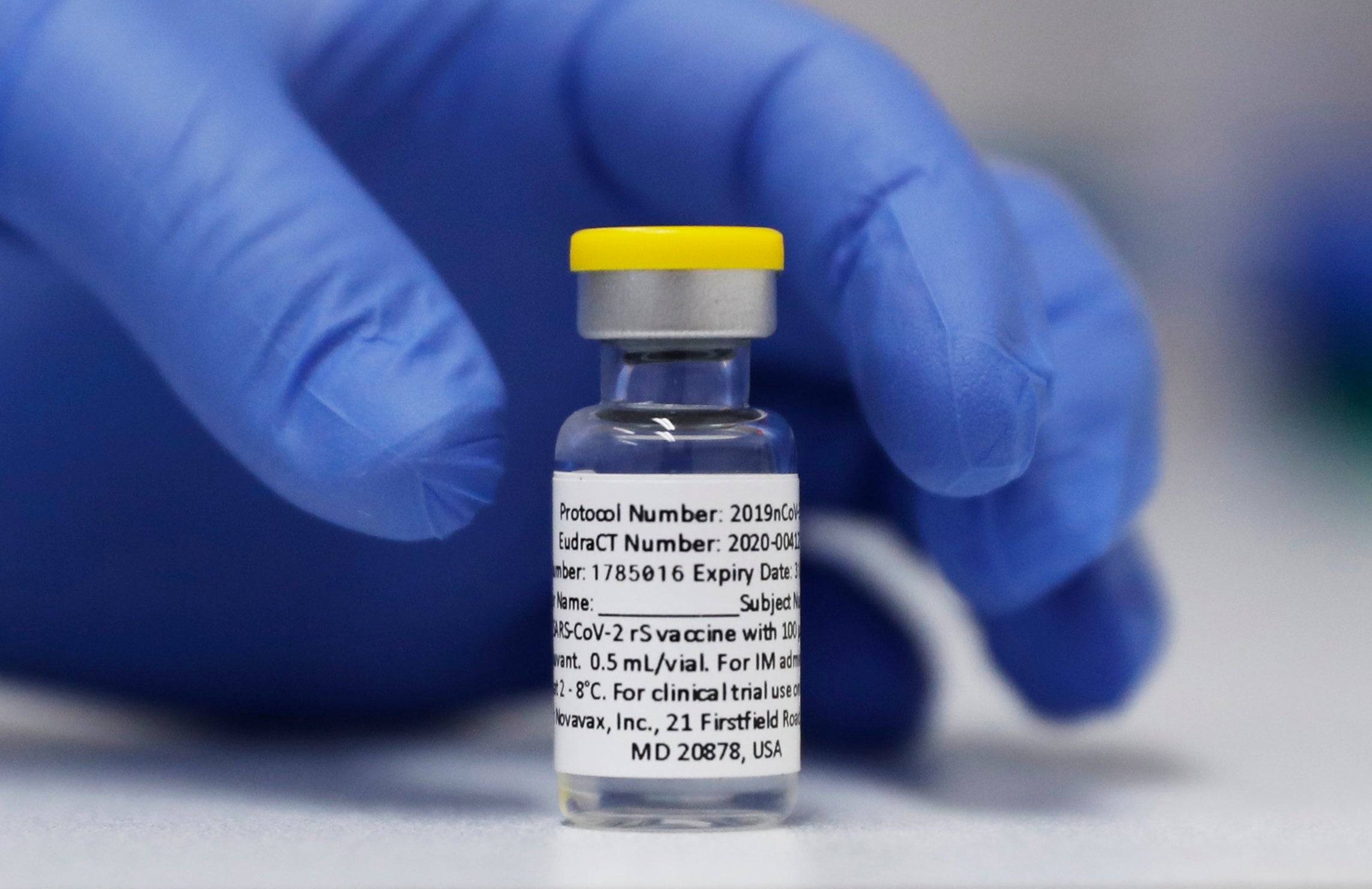UK among worst offenders in G7 vaccine supply failures ‘which led to 600,000 preventable deaths’
With days left until Britain reaches the deadline to fulfil its 100 million dose pledge, only 39 per cent have actually been delivered

Your support helps us to tell the story
From reproductive rights to climate change to Big Tech, The Independent is on the ground when the story is developing. Whether it's investigating the financials of Elon Musk's pro-Trump PAC or producing our latest documentary, 'The A Word', which shines a light on the American women fighting for reproductive rights, we know how important it is to parse out the facts from the messaging.
At such a critical moment in US history, we need reporters on the ground. Your donation allows us to keep sending journalists to speak to both sides of the story.
The Independent is trusted by Americans across the entire political spectrum. And unlike many other quality news outlets, we choose not to lock Americans out of our reporting and analysis with paywalls. We believe quality journalism should be available to everyone, paid for by those who can afford it.
Your support makes all the difference.The UK has been named as one of two worst-offending G7 countries that failed to deliver the number of Covid vaccines promised to poorer countries – leading to 600,000 preventable deaths.
A damning report by Oxfam and the People’s Vaccine Alliance showed less than half (49 per cent) of the 2.1 billion vaccine donations pledged by G7 countries have been distributed, while its wealthy members are likely to have already secured the majority of next-generation coronavirus jabs.
The research also claimed that, had the promised G7 vaccine reserve been delivered in full in 2021, the equivalent to one life every minute could have been saved in low and middle-income countries.
The estimate was derived from data published by Imperial College London, which found 599,300 deaths could have been averted in 2021 had 40 per cent of people in all countries been fully vaccinated.

With just days until Britain reaches the deadline to fulfil its 100 million dose pledge, just 39 per cent have actually been delivered.
The study, published on the eve of this year’s G7 Summit in the German Alps, has laid bare the way in which poorer nations have “on every level” been “massively betrayed” by their richer, vaccine-grabbing counterparts, it’s claimed.
“First, they stockpiled all the supply for themselves, then they promised to donate their leftovers, but hundreds of millions of these doses never materialised,” Max Lawson, head of inequality policy at Oxfam and co-chair of the People’s Vaccine Alliance, adds.
“Rich nations are already hoarding the new generation of Omicron-specific vaccines, whilst people in poorer countries will be forced to continue to face new variants with vaccines that are increasingly ineffective.
“The only way to fix this is to give nations the rights to make their own, not rely on rich countries to pass on doses they no longer need and deliver too late for the millions who have died.”
Alongside Britain, Canada has been named as one of the worst offenders in terms of the non-fulfilment of its vaccine pledge.

With a later deadline of the end of 2021, only 30 per cent of Canada’s 50.7 million doses and 46 per cent of the 1.2 billion pledged by the US have been delivered.
Meanwhile, so-called Team Europe, a support package launched by the EU in the wake of the pandemic, has delivered just 56 per cent of the 700 million doses promised by the middle of 2022, while Japan has delivered 64 per cent of the 60 million promised doses.
Julia Kosgei, policy adviser at the People’s Vaccine Alliance said rich nations demonstrated they “cannot be trusted to act in the interests of public health for everyone, everywhere”, calling on leaders in the global south to “take matters into their own hands.”
She said: “We hope that governments will do whatever is needed to protect their populations – whether that is using flexibilities in global intellectual property rules or circumventing them to save lives. Rich countries must not get in their way.”
It comes after a separate study from Airfinity found rich countries may have already secured 55 per cent of the next generation vaccines created to target the Omicron variant of the virus being developed by Moderna and Pfizer/ BioNTech.
The alleged purchases have been made before the new jabs have been approved for use, which Oxfam and the People’s Vaccine Alliance argue will again leave developing countries in the lurch.
According to the study by Imperial College London, Covid vaccines have saved 446,400 lives in Africa and 180,300 in low-income countries.
But research also shows that, to date, just 14 per cent of people in low-income countries and 18 per cent of people on the African continent are fully vaccinated, a number way off the original target to have 70 per cent coverage in all nations by the middle of 2022.
And in another blow to poorer nations in their fight against Covid is the forcing through of a text at the WTO which failed to waive intellectual property on vaccines, treatments and technology, a move spearheaded by the UK and EU.
Campaigners say that the text, which hinders efforts by developing countries to produce their own generic vaccine, has added “even more bureaucratic hurdles”, further protecting “the hugely profitable monopolies of firms such as Pfizer/BioNTech and Moderna.”
Ms Kosgei said: “Hundreds of thousands of lives have been saved in Africa by the vaccines, but so many more deaths could have been prevented.
“Vaccination programs have worked best when doses have arrived on time, allowing governments to plan and scale up distribution. But many countries waited a year to get their first doses.
“When doses finally arrived, they came all at once, often close to their expiry date, which is totally unmanageable and unfair for countries that have already struggling health systems.”
The People’s Vaccine Alliance is calling on countries facing Covid vaccine, test and treatment shortages to instead use “all trade rule flexibilities available” and circumvent WTO rules “if necessary,” without resistance from the G7.
“Developing countries do not want to have to wait for leftovers, they want the reliability and dignity of being able to produce their own doses,” Ms Kosgei continues.
“It is a disgrace that rich countries stalled negotiations on an IP waiver to scale up vaccine production across the world so that pharmaceutical corporations could maximise profits while people died without access.
“To add insult to injury they couldn’t even be bothered to ensure timely access to the doses they didn’t even need.”



Join our commenting forum
Join thought-provoking conversations, follow other Independent readers and see their replies
Comments